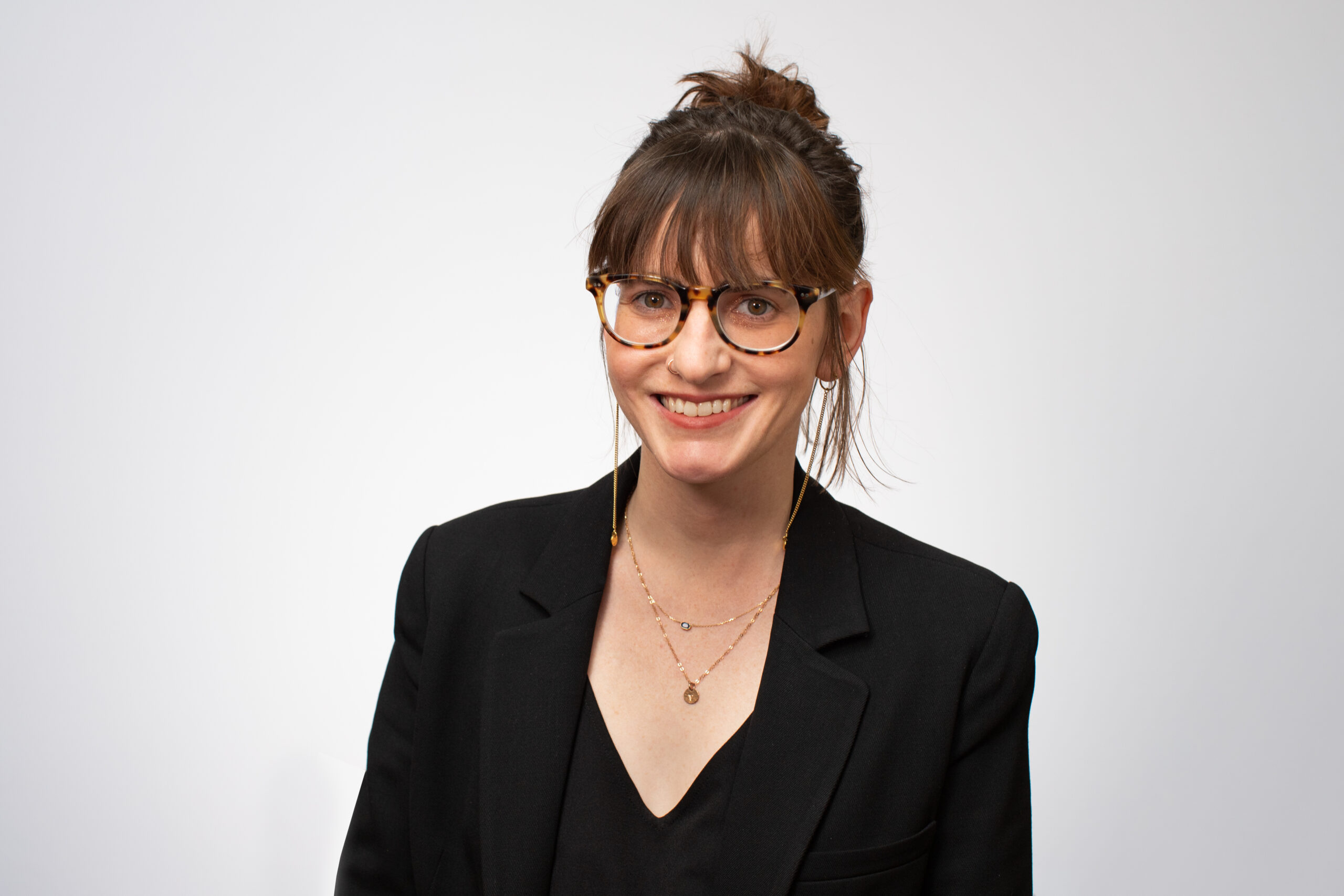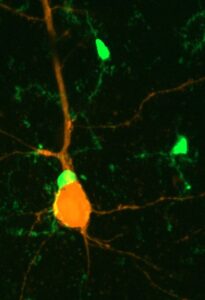
Amber Nolan
Assistant Professor
Department of Laboratory Medicine and Pathology
School of Medicine
nolanam@uw.edu
Amber Nolan faculty page
What is your Research Focus?
Our goal in the Nolan lab is to understand mechanisms that lead to chronic cognitive dysfunction and neurodegeneration after traumatic brain injury (TBI). Our approach towards this goal is multifaceted, including investigation of local circuit structure and function in preclinical models of TBI and analysis of the neuropathology and neurodegenerative disease patterns in human TBI.
Local microcircuits are the functional nodes that underlie the distributed computations of the brain. The local effects of axonal injury or other mediators of secondary injury, such as as those mediated by reactive gliosis, within these microcircuits are not known. Understanding how altered local circuits interplay with distributed functional disconnectivity will be vital to address cognitive dysfunction and give insight into the progressive neurodegeneration that can occur in patients after TBI. Furthermore, controlling the plasticity of local cortical circuits may represent a plausible target for therapeutic intervention. Our research specifically focuses on microcircuit physiology with the goal of understanding vulnerability in the microcircuit, both how this vulnerability occurs, and how it promotes network and behavioral dysfunction. Specific projects currently include investigation of mechanisms of selective vulnerability of somatostatin interneurons in the orbitofrontal cortex after TBI and how these neurons influence deficits in reversal learning, and understanding how satellite microglia influence neuronal activity and change their response after injury.
What opportunities at the UW excite you?
The people at the University of Washington are why I decided to come here. I have found unprecedented mentorship from numerous faculty in departments throughout pathology, neurosurgery, and neurology just in the first few months of moving here in the middle of a pandemic. Thus, I am most excited to continue to work together with these amazing people to further research not just in traumatic brain injury, but neurodegeneration and basic neuroscience. I am also very excited to start becoming that same type of mentor as I advance in my career.

Image of a satellite microglia (green) wrapping around the soma of a neuron (red). Data so far suggests these microglia control neuronal excitability in the orbitofrontal cortex